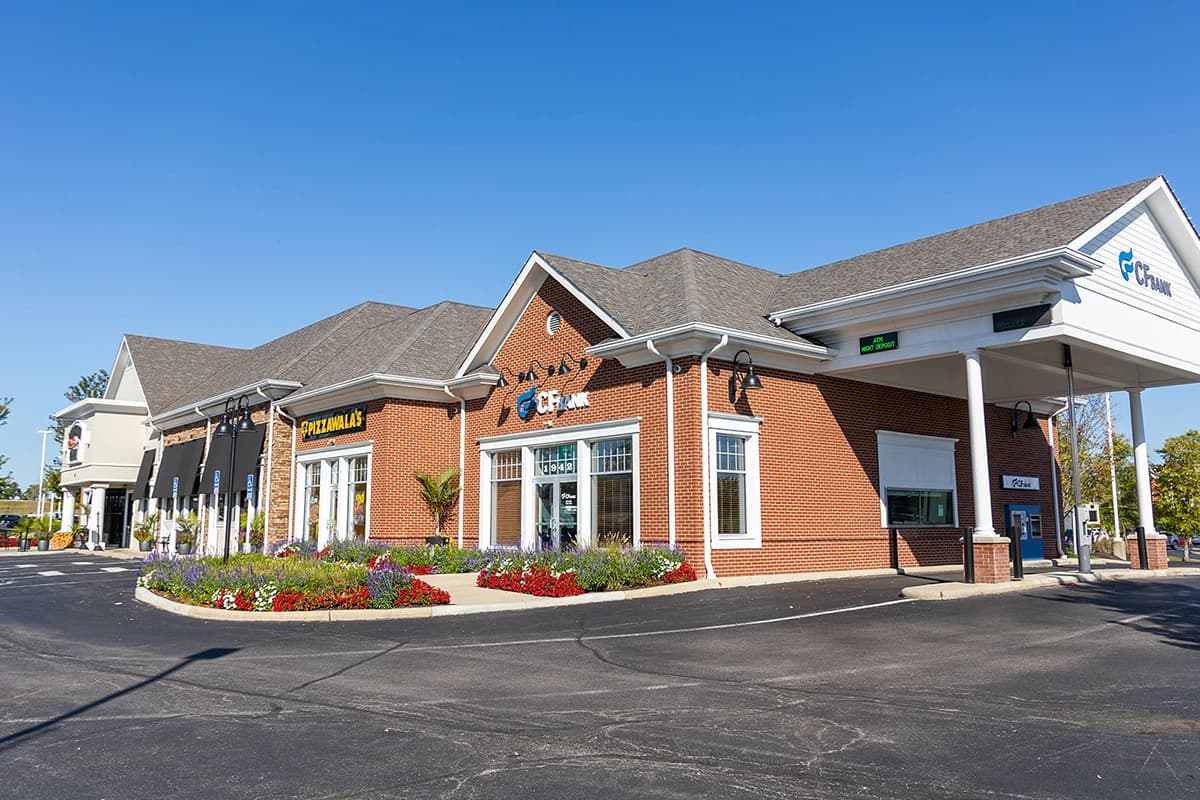
How to Secure Loans for your CRE Purchase
Written on July 28th, 2022 | Updated on June 27th, 2025
In most cases, a down payment – contingent on factors like income and net worth – is paid to the current property owner. However, securing the remaining funds can get complicated for first-time buyers. There are multiple avenues for securing this additional money, and each one brings its own hurdles and challenges into the equation. Knowing the ins and outs of these options will go a long way toward ensuring a successful transaction.
Here are the details on how to smartly secure your CRE loan.
A Traditional Loan
Getting the cash for your CRE purchase begins with a mandatory upfront down payment. The amount you pay will depend on the type of financing and property you’ve selected but usually averages out to around 15% or 20%. However, to secure your remaining funds, a traditional loan might be necessary. Simply put, this type of loan is secured from a traditional institution, such as a bank, credit union, hedge fund, or a life insurance company.
Each of these institutions have different requirements for loan eligibility, including sufficient credit history and a healthy credit score of (in most cases) at least 660. If you qualify, the process involves filling out an application and ensuring that you possess the appropriate property security, an income relative to expenses being paid, and strong credit. The institution in question will then review your application and inform you of their decision.
If approved, your loan could last upwards of 25 years but will more than likely be in place for five or 10.
Hard Money Loans
When traditional loans don’t work out, seeking financing from alternative sources will become necessary. Alternative loans are any type of money lending that do not rely on traditional institutions.
One of the most common alternative options is the hard money loan, which is often provided by a private investor. The process for this type of loan involves looping in a third party that fits your business personality and goals, securing their financial support by impressing them with your plans and compensating them for their efforts. In exchange for their help, they may be owed referrals, a stake in the property, or certain privileges within your business. Be sure to present them with a strong portfolio and impress them with your vision.
Crowdfunding
One of the most popular forms of financing in recent years is crowdfunding, which relies on appealing to the public and creating a money pool. Typically, crowdfunding takes place through an active campaign or a series of events, with rewards offered to investors for their support. (These rewards range from product/company share to tax compensation.) When properly run, a campaign can produce results in days to weeks.
Popular CRE crowdfunding sites include Fundrise, EquityMultiple, CrowdStreet and RealtyMogul. Each offers different advantages to both you and those who invest; FundRise, for example, allows nonaccredited investors to use the platform, and the site YieldStreet specializes in privately structured deals backed by assets, which offers peace of mind to investors.
Other Forms of Alternative Loans
Alternative loan options come in many different forms and carry benefits including simpler applications, faster processes and greater flexibility. Their variety and comparative simplicity have made them popular choices for business owners and commercial real estate buyers who wish to avoid the complications of the traditional bank loan.
Securing your loan through a line of credit is ideal for businesses that already own property and are seeking to borrow against their equity. Portfolio loans can be procured through private investors and even crowdfunding and are ideal if you operate multiple locations. The SBA 504 Loan Program isn’t designed to finance CRE, but is often used by businesses that failed their bank loan applications to, among other things, outright purchase or revamp a piece of real estate.
Ready to begin the process for buying commercial real estate? Our expert team at DRK can help get you started.
Until next time,


